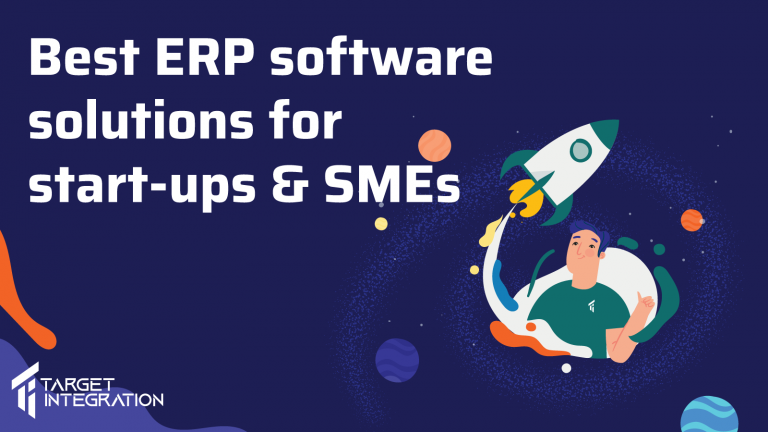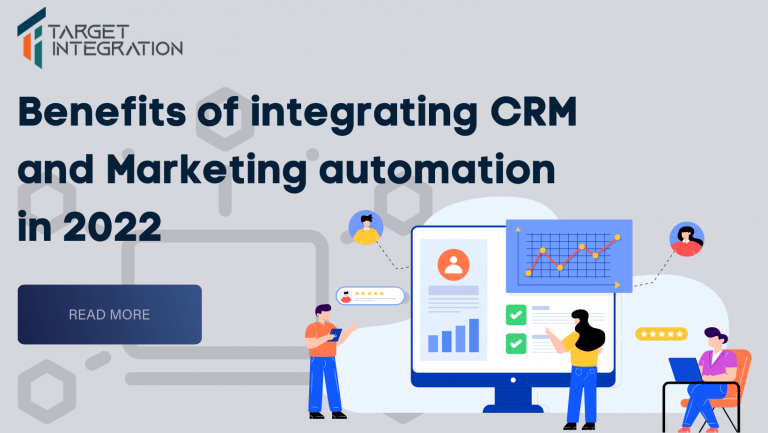Often the work demands the enterprises extend outside their CRM community, sharing selected information with the non-CRM users. It is usually with the aim to extend advanced features to the users that are not provided by the standard CRM. Well, in such scenarios, Web Portals can come to the rescue.
Now, what really is a Web Portal? Well, a Portal is a webpage front-end, interacting only with those parts of your organization’s CRM system that you want outside of the organization to access. CRM portals allow to create a customized branded system with the multiple different security & permissions depending on the user. It is useful in building a bridge, which will connect your enterprise with your customers & partners, allowing them to empower the business communication and to create meaningful and profitable relationships with the customers.
However, be careful to not commit the mistake of confusing your Portal with your Website. The purpose of Dynamics 365 is not to substitute, but it is instead to co-live with it, increasing your online presence beyond homepage and driving customer satisfaction. Moreover, Portal can be created in such a way that it reflects the same look and feel of your enterprise’s branding.
How having a Portal can be a game-changer for your organization?
If you are looking for an increase of expertise in the web engagement, membership, knowledge & case management, profile, & self-service capabilities to your Microsoft Dynamics 365, then it can be very well achieved via a portal for Dynamics 365.
Using a Dynamics 365 portal will allow your enterprise’s external users to:
- Register for events/programs
- Display the information from several sources in just one place
- Easily access information in the real-time
- Allows to update the account information
- Design a Knowledgebase
- Enables advanced search capabilities across the platform
- Information can be accessed based on the user’s security profile
- Submit the support cases/order & view submitted information
- Receive notifications
- Enable Customer Self-Service
- Pay bills & See their invoices
Custom Designed Portals vs. out-of-the-box CRM Portals
As you decide to go for a Portal for your Dynamics 365 installation, two alternatives can be considered: i) Custom designed, or ii) Out-of-the-box CRM Portals.
Implementing Microsoft’s pre-configured CRM can be a good option. This native portal is ready to be used with your main Dynamics 365 modules (marketing, customer service, & sales). Also, if your enterprise is a CRM online customer, then you can even benefit from a free portal with your subscription. With a Dynamics 365 Enterprise subscription, you are likely to have Dynamics 365 portal license immediately available.
On the other hand, for your organization to use Microsoft Dynamics 365 on-premise solution, you would require a more complex tool than this out-of-the-box CRM portal, so to cover non-CRM related workload of Dynamics 365. In such a case, a Portal can be custom-developed. This could be anything from the customer to support-related and can be customized as per the business requirements. You can choose to build and maintain the portal in-house and then integrate it with your Dynamics 365.
Final Note: Ultimately, Dynamics 365 Portal can be just great for use in case your enterprise needs to reach to the external users. In such scenario, Dynamics 365 would make the CRM experience of these external users better & easier while they can also enjoy associated benefits as a business. The many benefits comprise of increased revenue opportunities, growth sales, customer segmentation & targeting, satisfaction with customers & partners, improved communication, reporting features to help communication, marketing campaigns and decision-making, and a lot more.
To seek assistance for Dynamics 365 Portal, get in touch!!!



